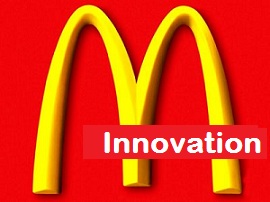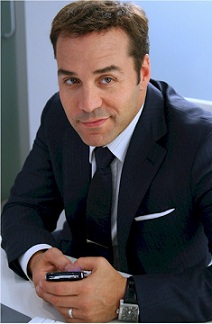Come meet the sourcers at SIG next week Folks – it’s not too late to make the trip to the...Read More
We’re letting our research do the talking – see for yourself
Unlike other research entities who stick their stuff behind a paywall, we've decided the proof is in the pudding, because we want people to actually read our stuff and call us up. So as a gesture of thanks for all the support we've received during our first month on the job, we're giving away three pieces of our latest research to give you an idea of what we're all about.Read More
Surviving the Aftermath of a Lift and Shift Transition
Well, now you’ve done it. Instead of fixing things first, you outsourced your processes almost completely intact. The result? Your junky processes are now in the (hopefully) capable hands of your lower cost vendor and, not surprisingly, the outcomes are the same.Read More
The myth-busting continues
There's been another scintillating debate on the "Innovation" topic. If you have a few minutes, we suggest you visit the recent piece entitled "Busting the innovation myth" submitted to us by a top advisor choosing to remain anonymous. A couple of insightful and accurate views were contributed by Equaterra's COO Mark Robinson and CSC's Predisent of global sales and marketing, Peter AllenRead More
Bill and Phil… uncensored, unfettered, unrestrained
Horses for Sources Founder and CEO, Phil Fersht, is interviewed on the future of the HR Outsourcing industry by HR Technology Columnist Bill Kutik on the Bill Kutik Radio Show. Tuned is today at 12.00pm Eastern Standard time: http://www.billkutikradioshow.comRead More
Professor Atwood saddles up to the ITO podium
Industry veteran Mike Atwood joins Horses' as Expert Contributor for IT Outsourcing strategies. Read More
Busting the innovation myth
“Innovation” has been amongst the most used—and overused—buzzwords in outsourcing for the last three or so years. Until clients and providers can have an honest conversation about what it takes to innovate, and what to do with the results, I don’t think it will ever happen. I’ll stop short of saying it’s impossible, but entire galaxies of stars will have to line up. Read on to understand why...Read More
Seeking the “Normal Normal”… here’s the re-run
Here's the re-run of the webcast we conducted with or friends over at Global Services Media and SSON, where we surveyed the intentions of 1,055 buyers, intermediaries and vendors on current outsourcing industry dynamicsRead More
Can Recruitment Process Outsourcing empower a more flexible, scalable workforce?
Most companies would never have dared move the management of their entire recruiting function over to a third party, but the squeeze of this post-recession economy, combined with fresh thinking from company leaders and a willingness to explore global sourcing models in business functions that can benefit from added expertise and flexibility, is moving services such as Recruitment Process Outsourcing (RPO) up the corporate agenda for many firms.Read More













